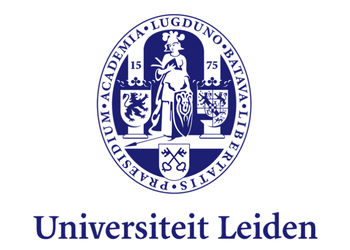The well-being of autistic children depends on individual and environmental factors. Through the COVID-19 lockdown, we can gain a better understanding of the precise role of the environment on well-being.
The study
The current research focuses on how autistic children and their caregivers are affected by the COVID-19 lockdown. The lack of structure and stability caused by the COVID-19 pandemic is likely to have been a major change for all children, which may have increased the potential problems of autistic children in particular.
No child with autism is the same and therefore the consequences of the corona pandemic will affect each child with autism differently. For example, certain measures to combat corona may have negative effects on some children with autism but not others.
This study looks at pre-COVID-19 data collected within the Dutch Autism Registry between 2013 and 2020. Additional data were collected during the COVID-19 lockdowns, including on emotional well-being, educational well-being and parental stress.
Curious about this research? Read about it in the NVA's Autism Magazine via this link, or listen to a radio interview with researcher Rachel Plak on Science071 via this link.



